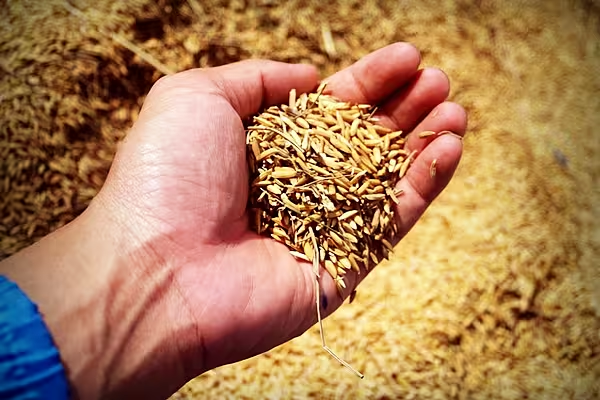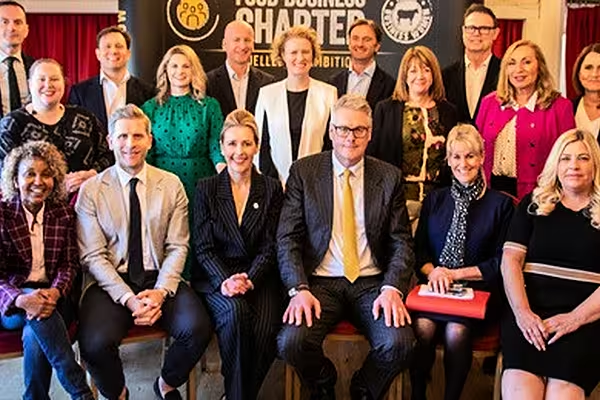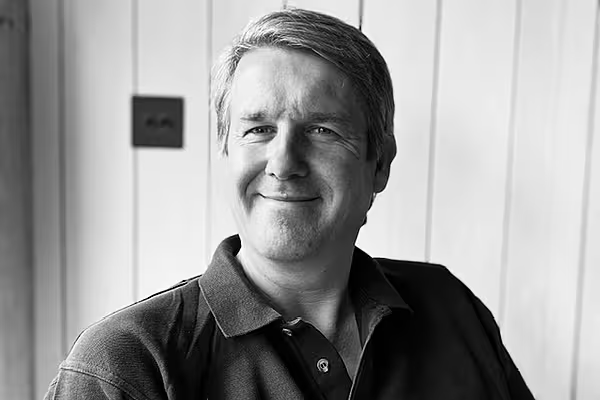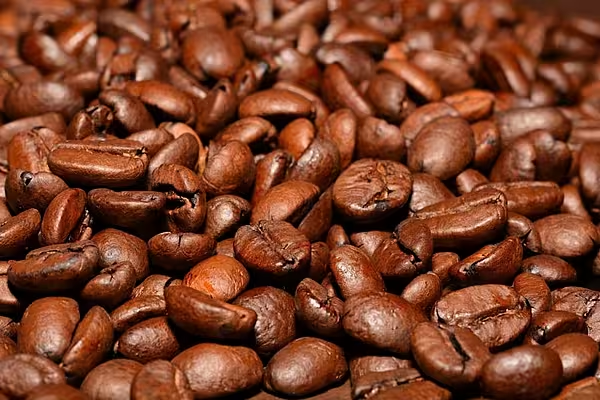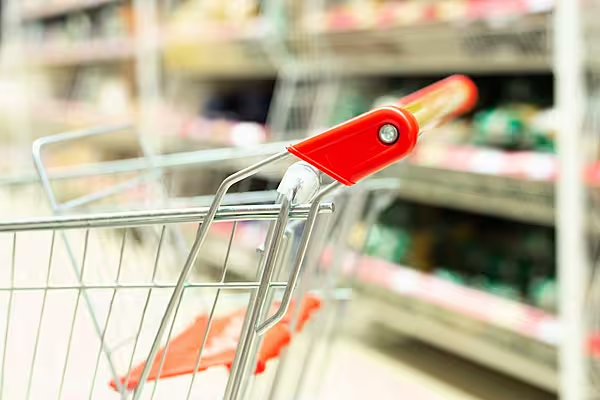Cocoa farmers in Ivory Coast said on Thursday they would withdraw from chocolate industry sustainability programmes if companies try to avoid paying a premium aimed at combating farmer poverty.
The world's top producer introduced a $400 per tonne premium this season, known as a living income differential (LID), to increase farmer wages.
The move was welcomed by farmers, but it has driven up prices for Ivorian cocoa just as the coronavirus pandemic dents global demand, causing friction between large chocolate companies and the workers growing the raw crop.
Sustainability Schemes At Stake
At stake are the sustainability schemes that certify that the cocoa that international companies buy is free of environmental and human rights abuses.
They allow companies to market their chocolate as ethically produced and charge more for it, although the schemes cover less than half of Ivory Coast's cocoa exports.
More than 500 representatives from four of Ivory Coast's main farmers' organisations met on Thursday in the capital Yamoussoukro with senior officials from the country's cocoa regulator and promised a hard line against chocolate companies.
"We can stop our activities for one or two years. We don’t think industrials can do the same," Penetirgue Soro, the president of one of the groups, told reporters, arguing that farmers could turn instead to crops like cassava and rubber.
Cocoa Output And LID
Cocoa regulators in Ivory Coast and neighbouring Ghana, which together produce about two-thirds of the world's cocoa, accused Hershey and Mars this week of trying to get around paying the LID.
They said they would cancel all cocoa sustainability schemes that Hershey runs in their countries, accusing it of sourcing unusually large volumes of physical cocoa on the ICE futures exchange in order to avoid the LID.
Hershey and Mars both say they are fully participating in the LID programme.
The Ivorian regulator has, however, tried to cushion the blow to chocolate companies of the current economic situation by lowering a separate premium known as the country differential.
The regulator's sales manager, Bamba Kadogo, told reporters that he expected an agreement with companies to set the premium at £40 - £50 ($53.99-$67.49), down from £130 previously.





